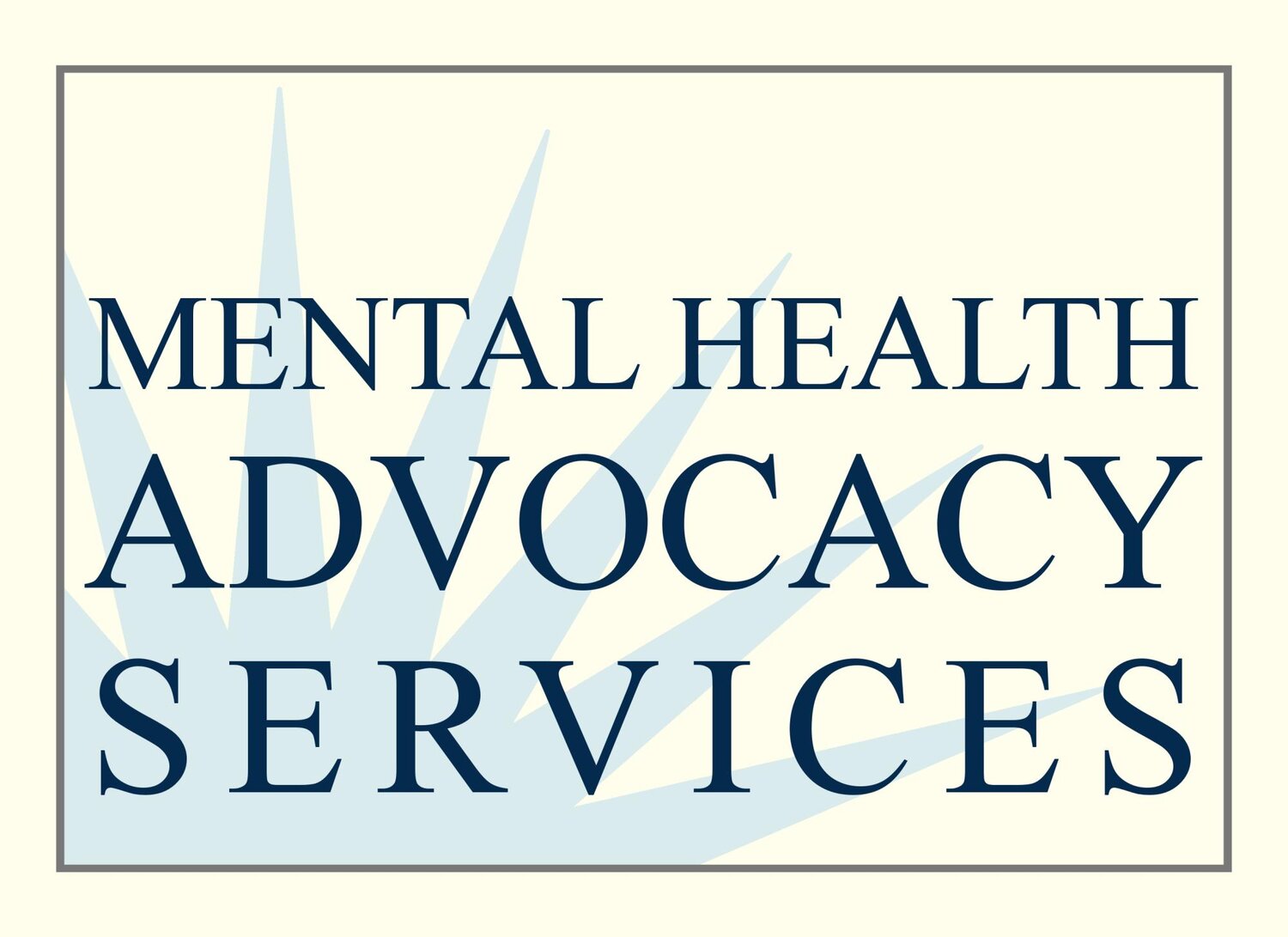Speeding Up Clinician Communications
by Eliza SchaflerEliza Schafler is an MHAS Equal Justice Works Fellow sponsored by Greenberg Traurig, LLP.
 Last week, I wrote about how working on-site at a mental health clinic helps me reach clients who might not otherwise come forward for legal assistance. This week, I want to focus on another benefit of working in close quarters with mental health clinicians: the speed of communication with the clinicians themselves.Clinicians don’t just help clients work toward wellness – they also tend to play a crucial role in legal cases involving mental illness. For instance, a supportive clinician is needed to show an Administrative Law Judge that a client should not have been denied Social Security disability benefits. An argument for a service animal or another reasonable accommodation must be bolstered by a clinician’s opinion. And a clinician can help a parent comply with court-imposed requirements necessary to prevent her children from being placed in foster care.Yet because clinicians are quite busy doing their jobs, they can often be difficult to reach. In my experience as a law student advocating for clients with mental illness, I have waited days, and even weeks, to get a clinician on the phone to discuss a legal matter. This type of delay, though very understandable, can dangerously stall legal advocacy.That’s why my experience so far in our Behavioral Health-Legal Partnership (BeHeLP) stands out so much. In our clinic, when I come across a client whose legal case depends on her clinician’s cooperation, I can walk down the hall and meet the clinician right away. Even when I’m not on-site, my relationships with clinicians, and our mutual understanding of legal assistance as a mental health intervention, help make communication between us a high priority. Take yesterday’s BeHeLP clinic: I reached out to a client’s clinician for help, and she immediately called a ‘team meeting’ including myself, clinicians, and case managers. It was shockingly quick.The speed of communication with clinicians may be considered a merely institutional change, not a direct change in the law or the facts of a client’s life. Yet it can make a real difference for clients whose precarious situations change by the day.
Last week, I wrote about how working on-site at a mental health clinic helps me reach clients who might not otherwise come forward for legal assistance. This week, I want to focus on another benefit of working in close quarters with mental health clinicians: the speed of communication with the clinicians themselves.Clinicians don’t just help clients work toward wellness – they also tend to play a crucial role in legal cases involving mental illness. For instance, a supportive clinician is needed to show an Administrative Law Judge that a client should not have been denied Social Security disability benefits. An argument for a service animal or another reasonable accommodation must be bolstered by a clinician’s opinion. And a clinician can help a parent comply with court-imposed requirements necessary to prevent her children from being placed in foster care.Yet because clinicians are quite busy doing their jobs, they can often be difficult to reach. In my experience as a law student advocating for clients with mental illness, I have waited days, and even weeks, to get a clinician on the phone to discuss a legal matter. This type of delay, though very understandable, can dangerously stall legal advocacy.That’s why my experience so far in our Behavioral Health-Legal Partnership (BeHeLP) stands out so much. In our clinic, when I come across a client whose legal case depends on her clinician’s cooperation, I can walk down the hall and meet the clinician right away. Even when I’m not on-site, my relationships with clinicians, and our mutual understanding of legal assistance as a mental health intervention, help make communication between us a high priority. Take yesterday’s BeHeLP clinic: I reached out to a client’s clinician for help, and she immediately called a ‘team meeting’ including myself, clinicians, and case managers. It was shockingly quick.The speed of communication with clinicians may be considered a merely institutional change, not a direct change in the law or the facts of a client’s life. Yet it can make a real difference for clients whose precarious situations change by the day.
